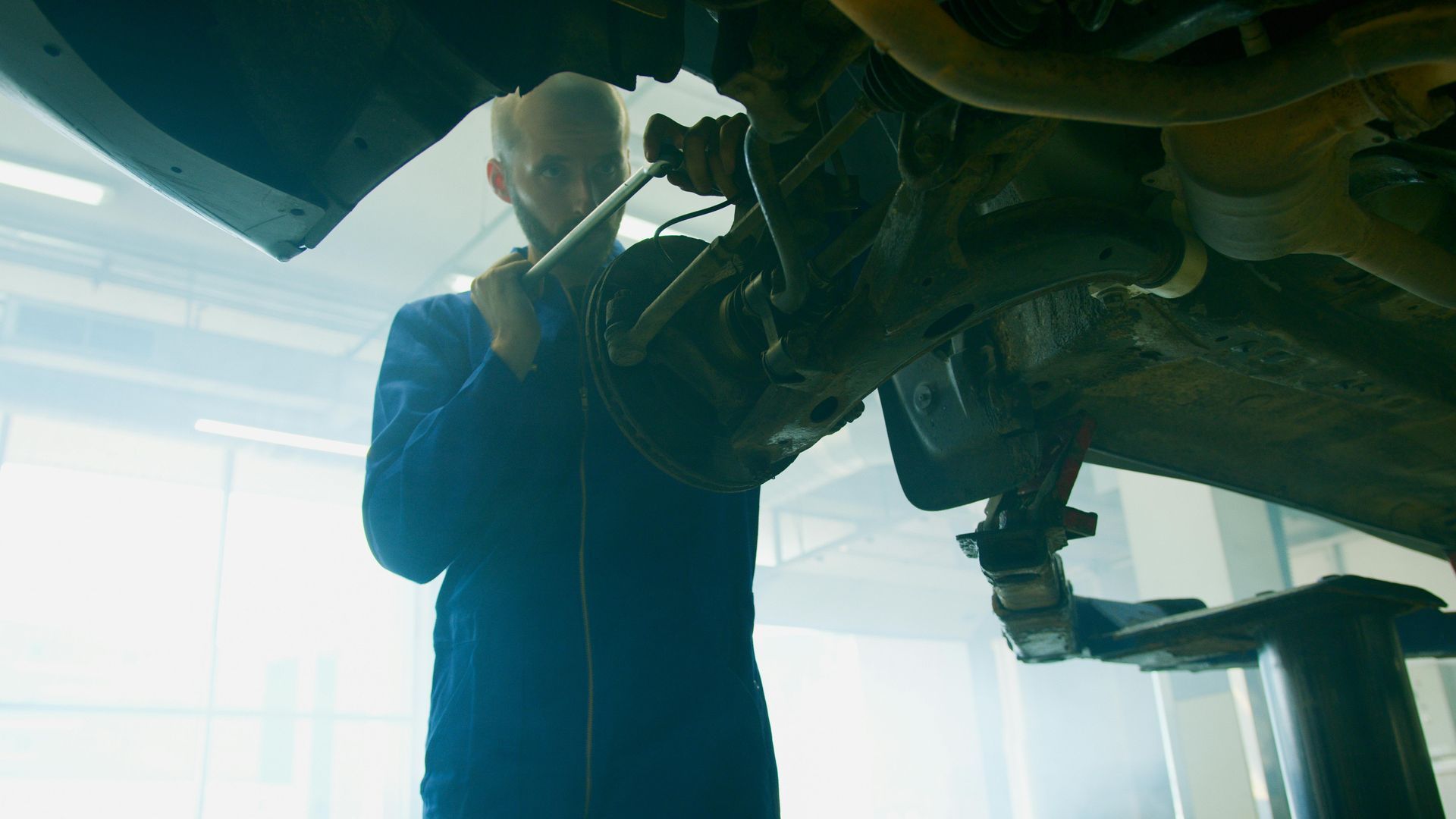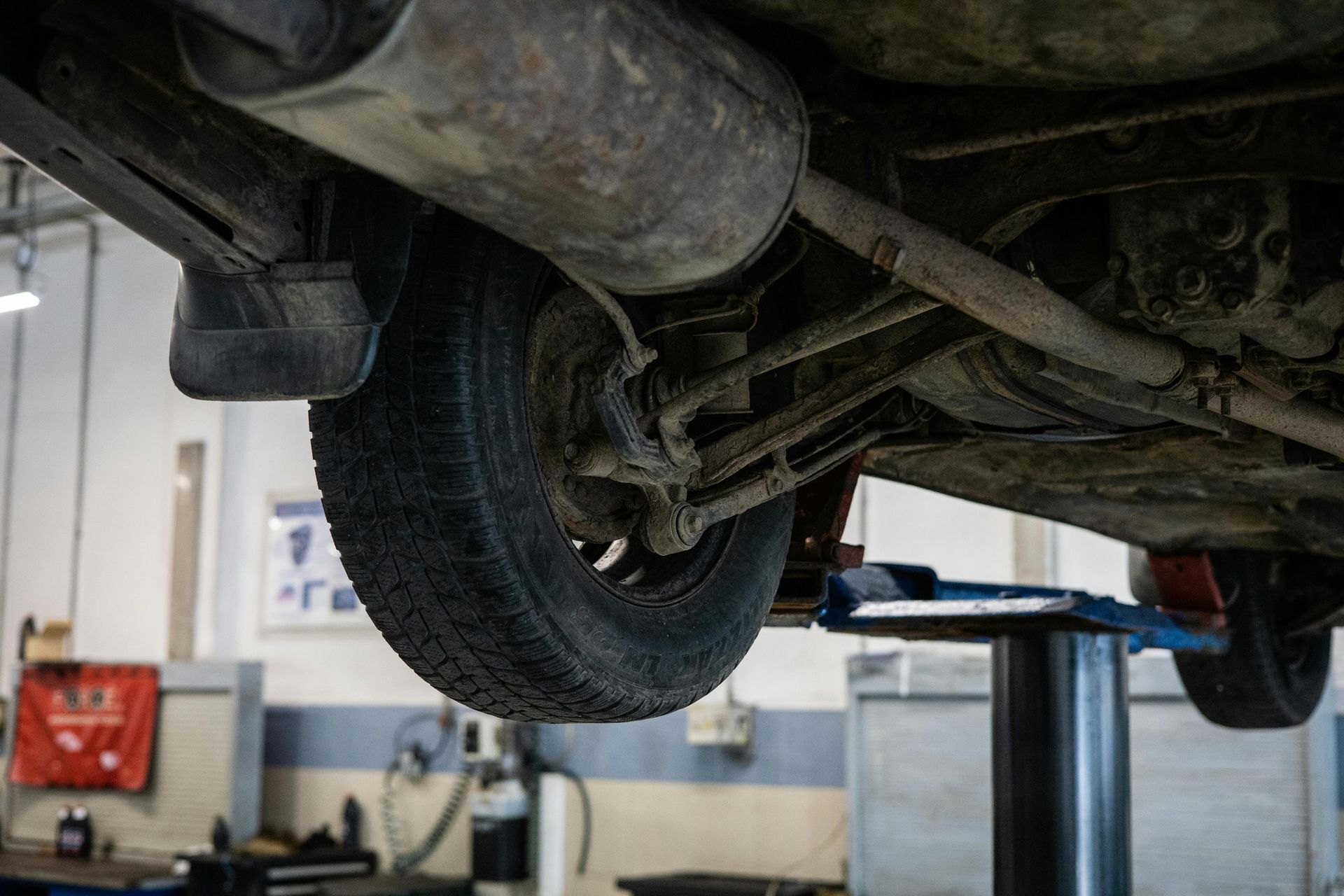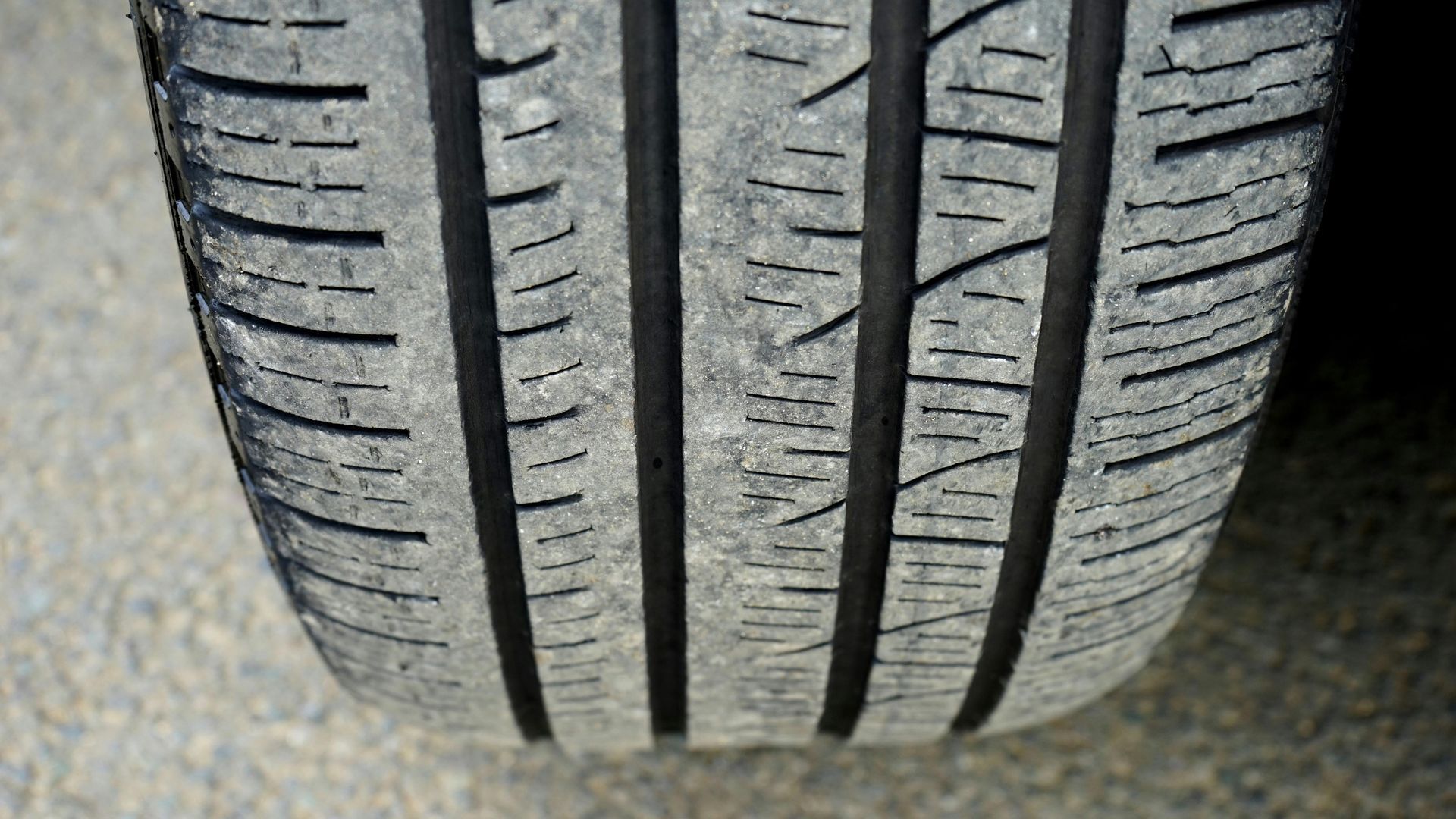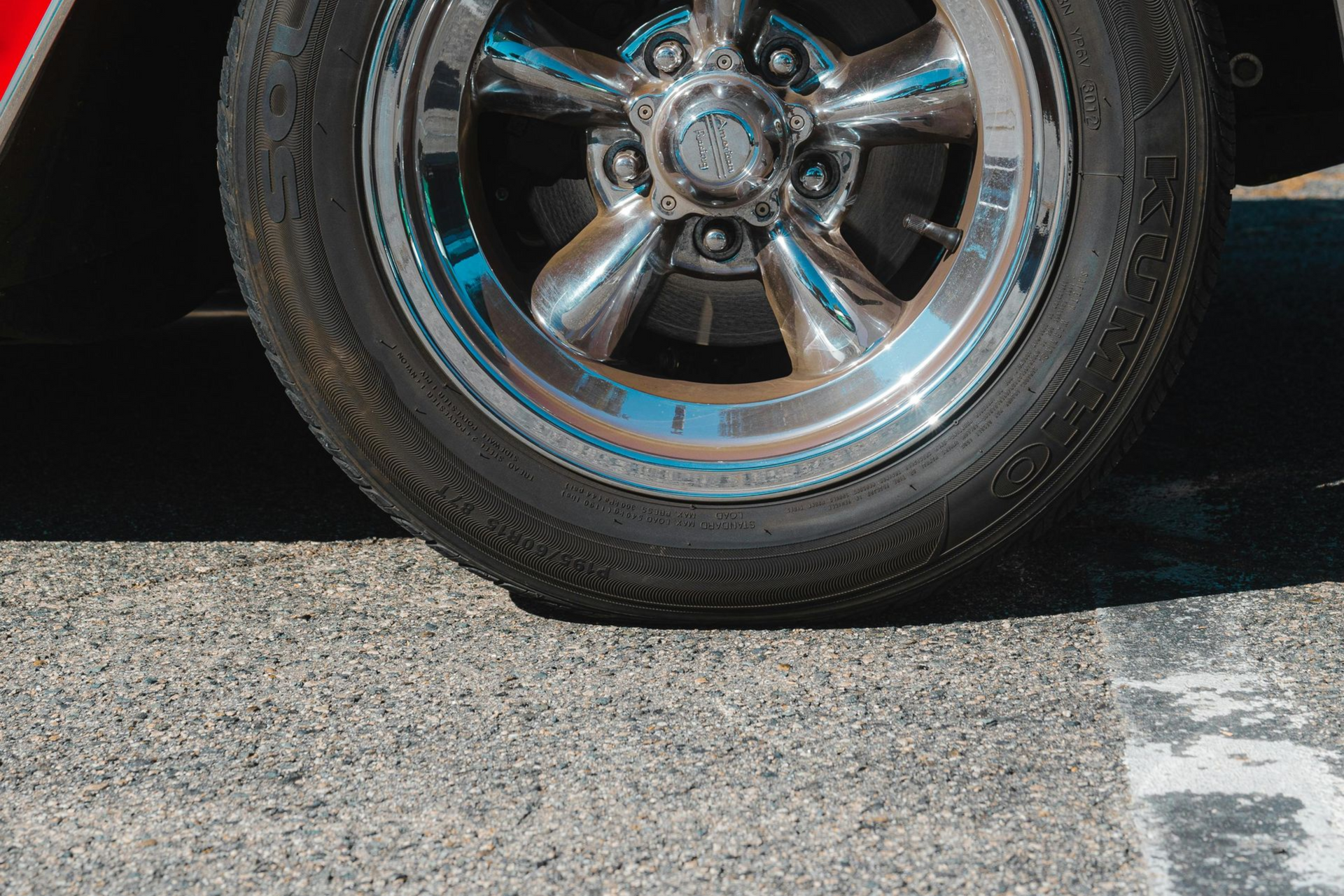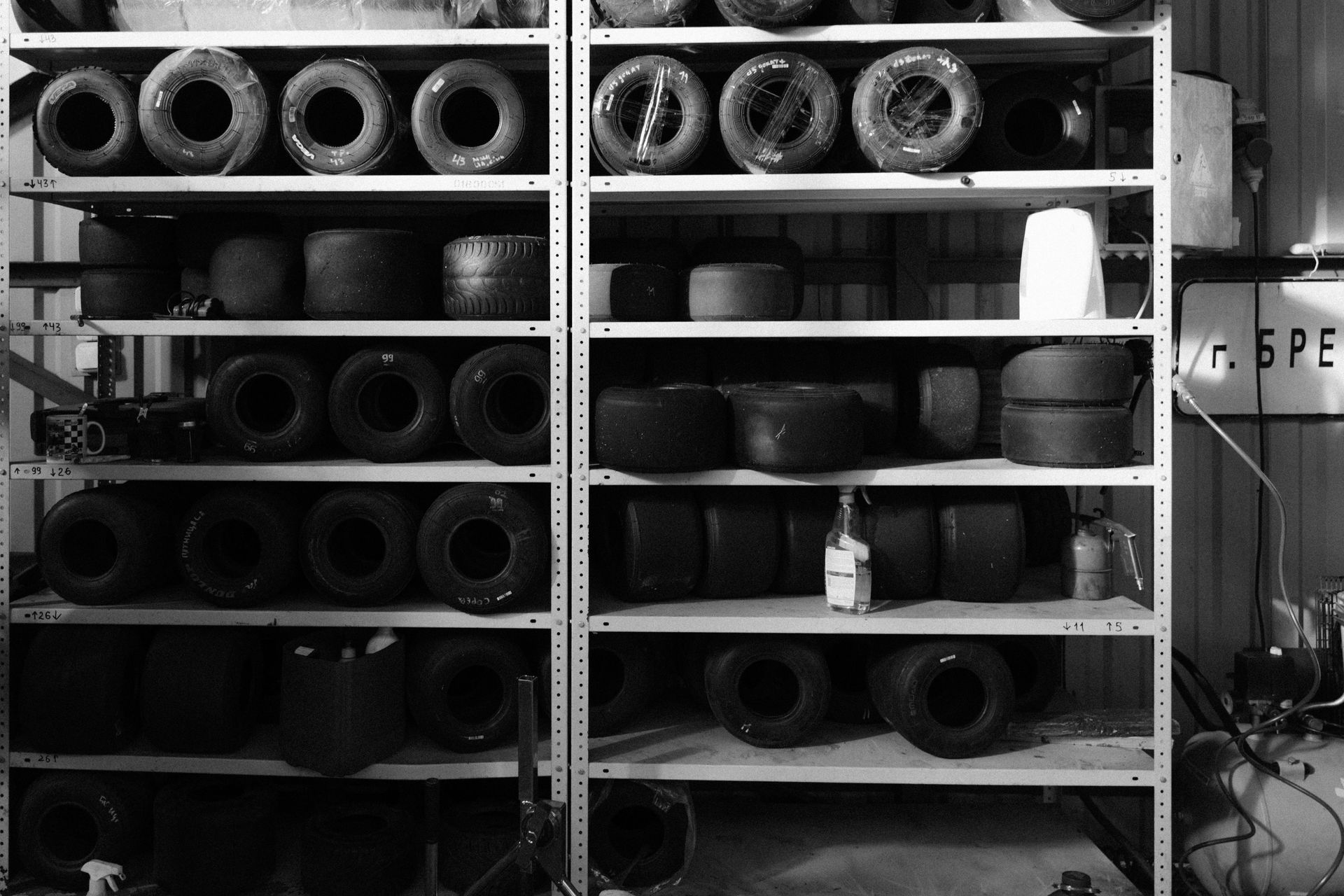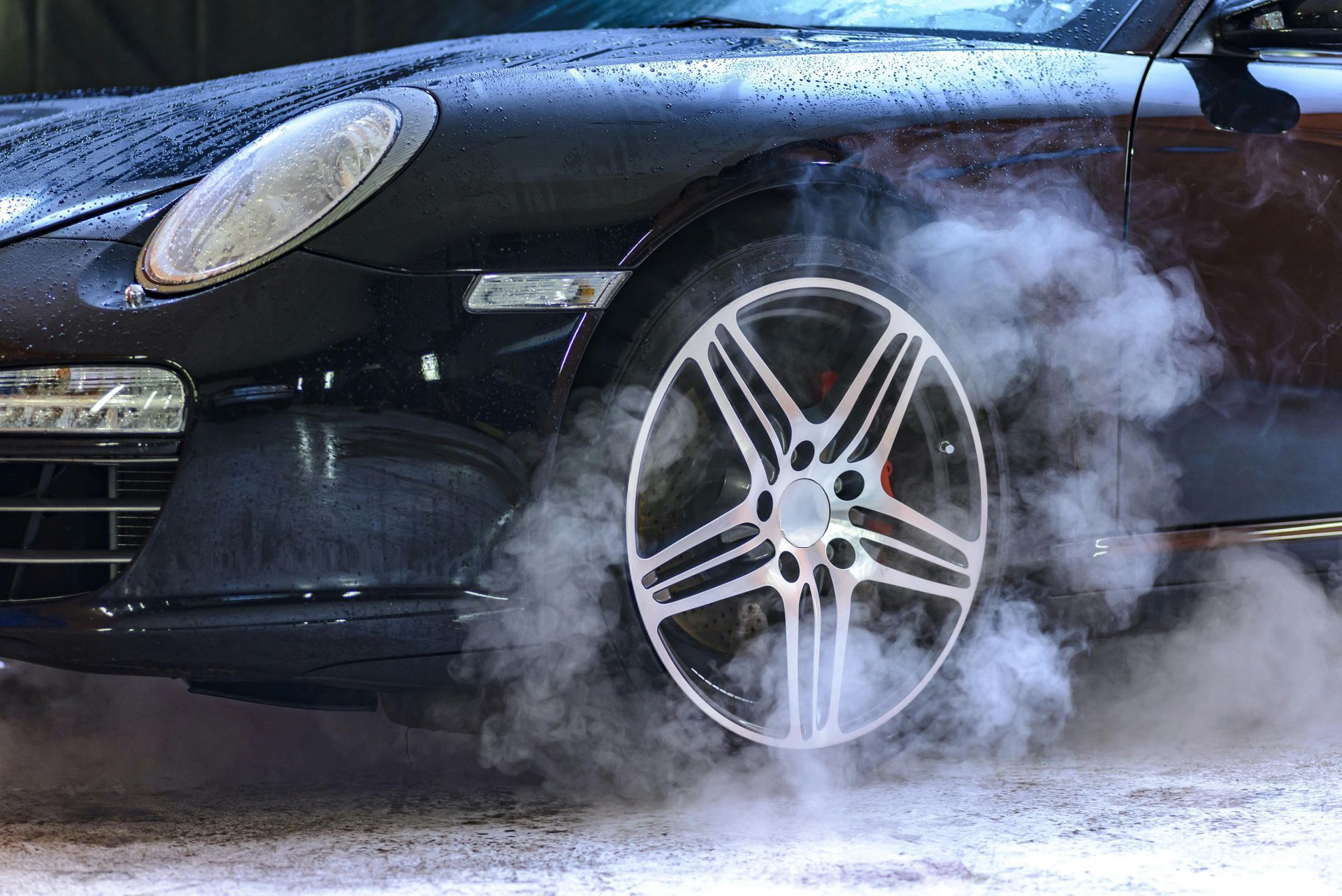Car Vibrates When Accelerating? Causes & Fixes
Why Does My Car Vibrate While Accelerating?
Have you ever felt your car shaking or vibrating as you press the gas pedal? While it might seem like a minor annoyance, vibration during acceleration can signal that something’s wrong beneath the surface. From worn tires to drivetrain imbalances, understanding what causes these vibrations can help you prevent costly repairs and restore a smoother, safer ride.
At Auto Surgeon Inc in Lansing, MI, our ASE-certified technicians specialize in diagnosing vibration and performance issues for all makes and models. Here’s what you need to know if your car vibrates while accelerating.
What It Means When Your Car Vibrates While Accelerating
Vibration when accelerating usually indicates that a rotating component in your vehicle isn’t operating correctly. It could stem from your
tires,
engine, transmission, or even your
suspension. If the shaking worsens as you gain speed, or only happens under acceleration, this points toward an imbalance or worn component that needs attention.
The Most Common Causes of Car Vibration
Several systems work together to deliver power smoothly from the engine to your wheels. When one part wears out or becomes misaligned, vibration occurs. Common culprits include:
- Unbalanced or worn tires.
- Damaged CV joints or U-joints.
- Warped brake rotors.
- Loose or broken engine mounts.
- Transmission or driveshaft problems.
Ignoring these issues can lead to more serious damage and unsafe driving conditions, so it’s important to have a professional inspection early on.
Engine-Related Causes of Car Vibration
Your engine operates with dozens of moving parts that must remain synchronized. When something is off balance, vibration follows. Common engine-related causes include:
- Misfiring cylinders: When spark plugs, ignition coils, or fuel injectors fail, your engine loses its rhythm and begins to shake.
- Worn motor mounts: These mounts secure the engine to the frame. Once they weaken, you’ll feel vibration especially during acceleration or shifting.
- Clogged filters or air/fuel issues: Restricted airflow or uneven fuel delivery can make your car hesitate and shake under load.
Routine maintenance like tune-ups, filter replacements, and inspections can help prevent many of these problems.
Transmission and Drivetrain Problems That Lead to Vibration
If your car vibrates primarily when accelerating, the drivetrain or transmission might be to blame.
- Worn CV joints or driveshafts can cause noticeable shaking or clunking as power transfers to the wheels.
- Transmission fluid problems, low levels, contamination, or leaks can create jerking and vibration when gears shift.
- Differential or axle issues may cause vibration that intensifies with speed.
A technician can lift your vehicle, check for play in the joints, and ensure your transmission fluid is clean and filled to proper levels.
Tire, Wheel, and Suspension Issues to Check
Tires and wheels are among the most common sources of vibration.
- Unbalanced tires create uneven rotation, especially noticeable at highway speeds.
- Bent wheels or out-of-round tires can produce rhythmic shaking during acceleration.
- Worn suspension components, like struts, shocks, or bushings, can amplify vibration and affect handling.
Regular tire rotations, balancing, and wheel alignments at Auto Surgeon Inc can prevent most of these issues and keep your ride smooth.
When to Worry About Car Vibration
A small amount of vibration is normal on rough roads, but if it happens consistently when accelerating or gets worse over time, it’s a red flag. Signs you shouldn’t ignore include:
- Vibration increases with speed.
- Shaking felt through the steering wheel or seat.
- Clunking or grinding noises during acceleration.
- Burning smells or fluid leaks.
These symptoms often mean something in the drivetrain, engine, or tires requires immediate attention.
Preventing Future Vibration Problems
Preventing vibration starts with proactive care. Keep your car running smoothly by:
- Rotating and balancing tires every 5,000 to 7,000 miles.
- Checking engine mounts and suspension components regularly.
- Replacing worn spark plugs, filters, and fluids on schedule.
- Scheduling annual inspections with trusted technicians.
These preventive steps not only reduce vibration but also extend the life of your vehicle.
Restore a Smooth Ride at Auto Surgeon in Lansing, MI
What to Do Next
If your car vibrates while accelerating, don’t ignore it, small issues can quickly turn into expensive repairs. The experts at Auto Surgeon can diagnose the cause, fix the problem, and get you back on the road with confidence.
Schedule an appointment today or visit our Lansing auto repair shop to experience professional service and smooth performance you can count on.
